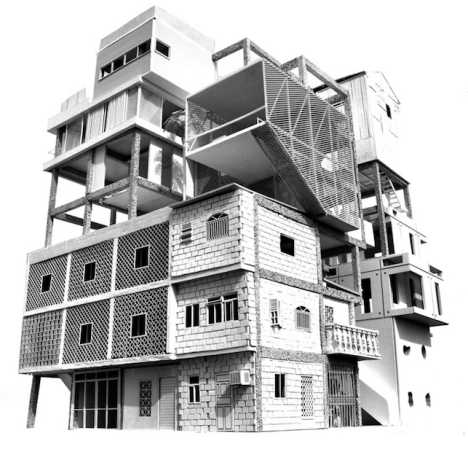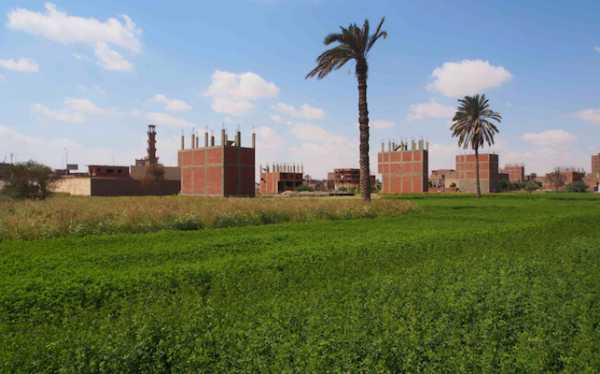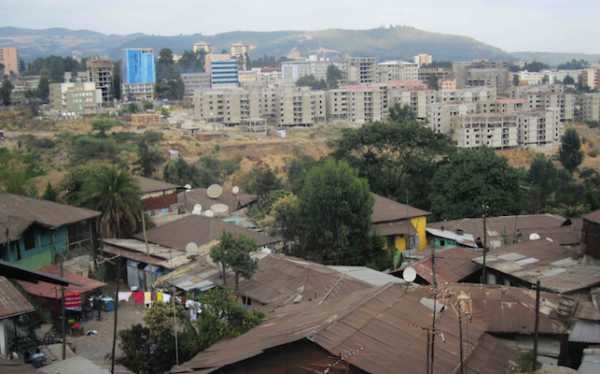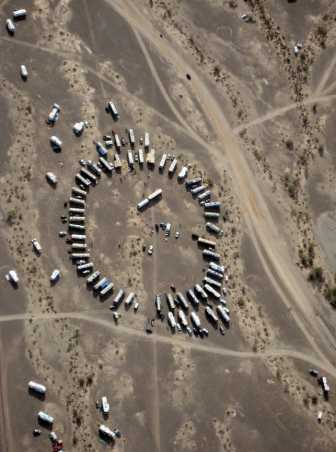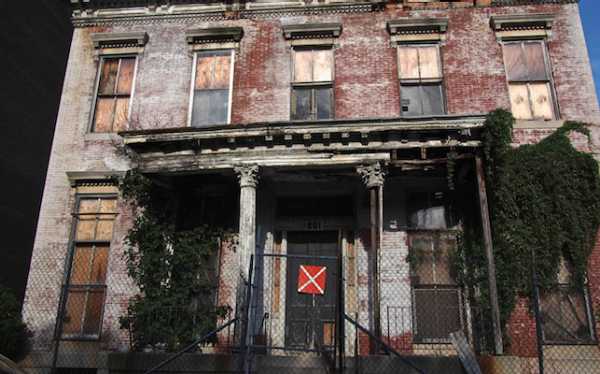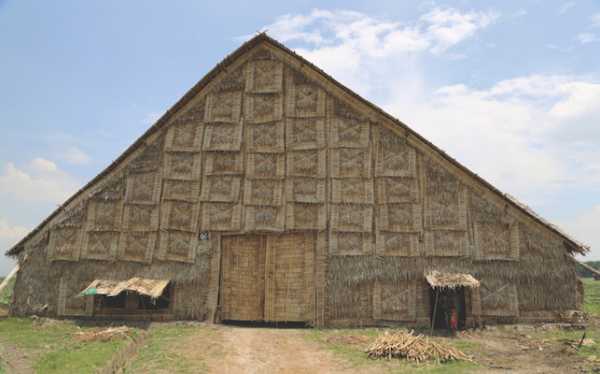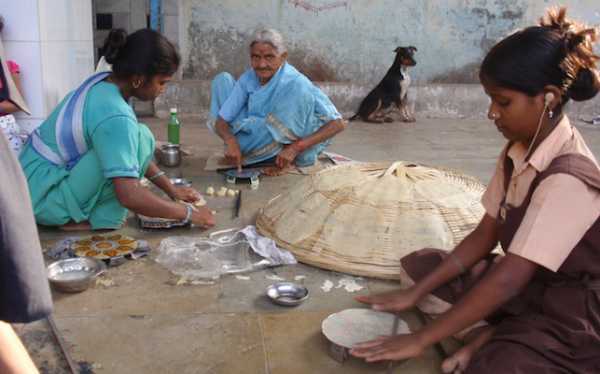Territorial Organisation
The module investigates mechanisms at work in the production of territory and addresses political and economic forms of collective organisation, while tracing their effects on the make-up of urban and rural environments. Interdependencies between social and physical space are considered in view of prevalent political economies, whether operating at the global, national, or local level.
Moving concurrently within the domains of theory and practice, the research method pursues a dialogue between in vitro and in vivo research.
The theoretical component of the work – in vitro – is situated within the confines of academia and addresses the question of knowledge production, i.e. the construction of models of thought pertaining to the making of territory. Specific subject matters pertaining to current challenges – poverty, informality, migration, governance, ageing, logistics, real estate, etc. – are analytically probed and their impact on the constitution of territory investigated. Findings are brought to bear on the development of disciplinary discourse.
The practical component of the work – in vivo – concentrates on the pragmatic and real conditions of territorial production, with research located in the context of real case studies in practice. Specific projects are framed addressing forces at work in the formation of the built environment. Projects were launched in two different parts of the world, in Africa and South America: the building of a new town in Ethiopia and mass housing in Brazil. Both are conceived as real-life experiments engaging in the production of space in situ.
Links are established between the theory-driven and practice-driven components of the research in order to nurture forms of exchange between the two approaches – from in vitro to in vivo and vice versa.
